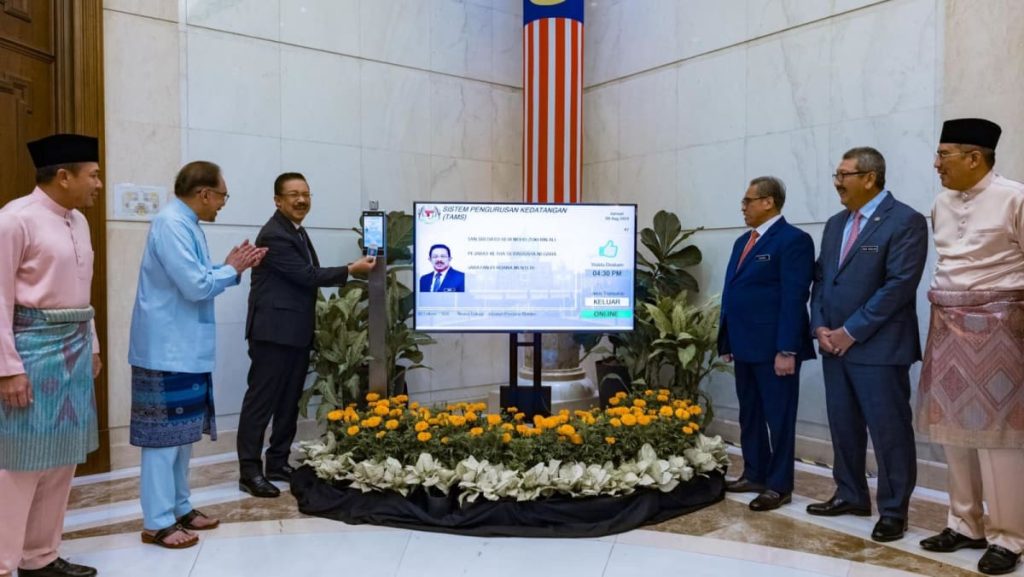The Malaysian civil service, predominantly made up of ethnic Malay Muslims, is a powerful institution in the country. It influences various sectors of the economy through regulation and control over state-owned entities and government-linked institutions. The civil service’s close ties to the United Malays National Organisation (UMNO), which held power for decades, led to promotions based on loyalty to the ruling party. However, after UMNO lost power in 2018, the civil service gained more political influence in national affairs.
After coming to power in 2022, Prime Minister Anwar Ibrahim prioritized bringing discipline and professionalism to the civil service, which had been plagued by rampant corruption. The Malaysian Anti-Corruption Commission reported an increase in complaints related to public procurement, highlighting the ongoing issue of corruption within the sector. Anwar expressed his concern over the lack of progress in the government’s anti-corruption efforts and the lack of high-profile convictions in a meeting with enforcement agencies.
Anwar’s decision to appoint a new chief secretary, Mr. Shamsu, who was not recommended by the outgoing chief secretary, caught the civil service off guard. The appointment bypassed candidates suggested by government officials, creating a stir within the bureaucracy. The move to reform the civil service comes at a time when Anwar’s political position is strengthening, supported by a growing economy with increased consumer spending and private investment. However, there is a possibility of backlash from segments of the civil service if the reforms are too disruptive to the system.
The reforms in the civil service aim to address issues of corruption and inefficiency within the government bureaucracy. Anwar’s emphasis on discipline and professionalism signals a shift towards a more transparent and accountable public sector. The pressure to deliver tangible results in the fight against corruption is high, with expectations from the public and international observers for the government to crack down on illegal practices. The appointment of a new chief secretary outside of the traditional recommendations reflects Anwar’s determination to shake up the status quo and push for meaningful change in the civil service.
As Anwar implements reforms within the civil service, he must tread carefully to avoid disrupting the system too drastically and potentially facing backlash from those affected by the changes. Balancing the need for progress with the stability of the institution will be crucial in ensuring the success of the reforms. The political environment in Malaysia is evolving, with Anwar consolidating his power and pushing for transformation in the civil service. How these changes play out and their impact on governance and accountability in Malaysia are yet to be seen.


